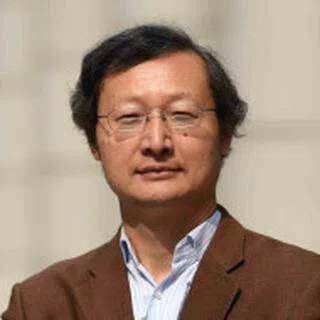Chinese academic: Putin's understanding of history and reality is distorted
Chinese academic Kuang Wenbo notes that Russian President Vladimir Putin seems to have a specific view of history that does not fit reality. But personal views and opinions of history do not change facts, which have to be recognised one way or the other.
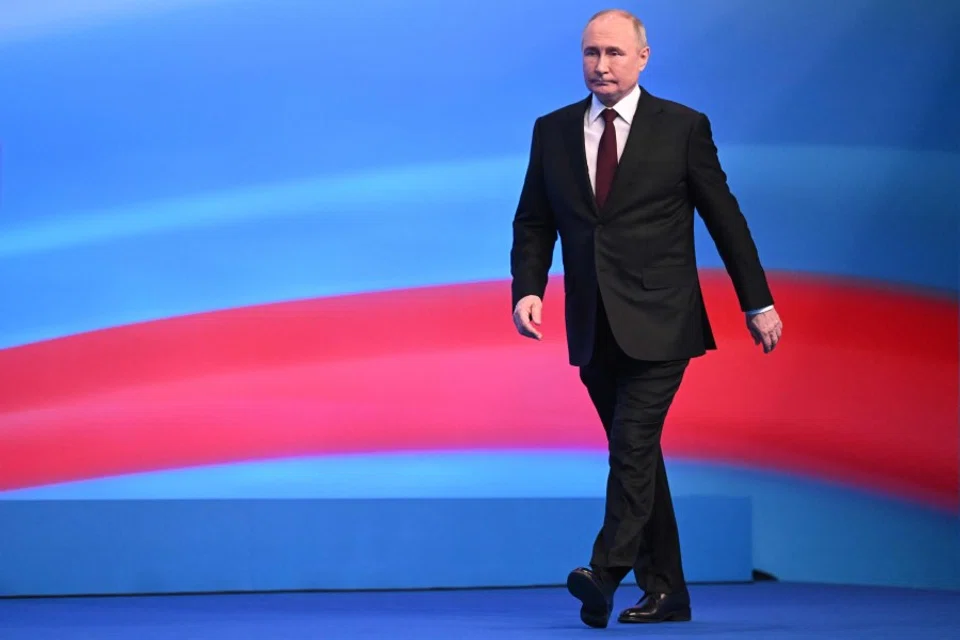
On 8 February, Russian President Vladimir Putin was interviewed by former Fox News host Tucker Carlson. Putin's responses in the lengthy two-hour interview can be summarised into three points.
First, Ukraine was historically a part of Russia, giving Russia the right to reclaim it. Second, Russia is not an enemy of the West and genuinely wants to integrate into it. Third, Putin reminded the West that China is its true enemy.
Russia's dream of a Eurasian empire
The first point reflects Putin's historical logic, that any territory that historically belonged to Russia should be returned. By this logic, should it return all the territories outside of the Principality of Moscow to the neighbouring countries? Should Russia return territories such as Outer Manchuria and the Kuril Islands to China according to the Treaty of Nerchinsk? Should the US return all its land to Native Americans? Even Crimea did not belong to Russia before the time of Catherine the Great, so should Crimea be returned to its original owners?
Even if Ukraine was historically part of Russia and the two were as close as brothers, does that mean present-day Ukraine has no right to independence? Countries such as the US, Canada, Australia and New Zealand were once British colonies and are related in terms of language, culture and ethnicity - should they not have become independent?
Ukraine's independence is based on internationally recognised treaties. In 1991, leaders from Russia, Ukraine and nine other former Soviet republics signed the Alma-Ata Protocol in Kazakhstan, explicitly recognising existing borders and respecting the sovereignty and territorial integrity of signatory states. As a sovereign independent country, Ukraine has the right to determine its own internal and external policies.
Although Russia has political and economic systems similar to the West in form, these are far from Western norms in reality.
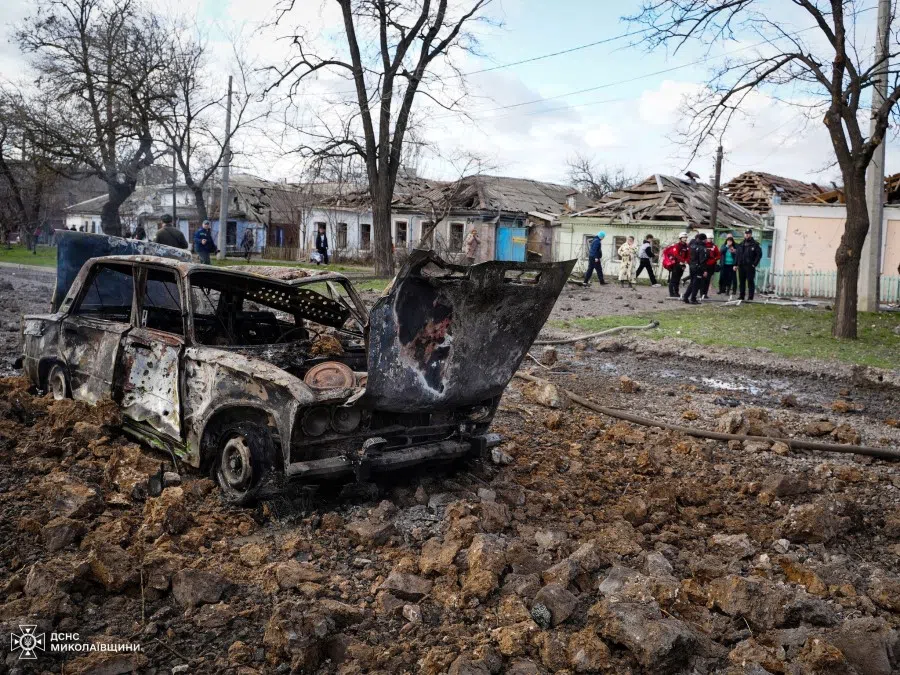
Ukraine is like Russia's ex-wife; after a divorce, the woman has the right to be single, remarry or even become the mistress of the US, and the former husband has no right to interfere.
On the second point, Putin accuses the West of not accepting Russia. But why has Russia not been able to integrate into the West? Russians were ruled by the Golden Horde for more than 240 years and were deeply influenced by Mongolian culture in terms of race, ideology and culture, and were even called "white-skinned Mongols". Although Russia has political and economic systems similar to the West in form, these are far from Western norms in reality.
Nearly all opposition figures in Russia have met untimely deaths, which is unacceptable in Western countries. The West is in fact led by the US, which Russia would not accept, given its national character and large geographical size. Moreover, Russia lacks the culture of honouring contracts, which is valued in the West, and this is most felt by Chinese entrepreneurs conducting business in Russia.
... friendship between China and Russia will exist only when the former is stronger than the latter.
The initiation of the Ukrainian war itself is a breach of international treaties such as the Alma-Ata Protocol, which Russia signed. So, one should not naively believe that everything will be fine after the signing of Sino-Russia border agreements.
Aleksandr Dugin's Eurasianism theory reminds us that Russians still harbour dreams of a Eurasian empire. Russia can be considered a modern version of the Mongol empire, and from a certain perspective, Chinese history is a history of the farming groups in the Central Plains resisting the invasion of northern nomadic tribes. Indeed, friendship between China and Russia will exist only when the former is stronger than the latter.
Why would Eastern European countries turn to the West?
In the interview, Putin once again criticised NATO's eastward expansion. And each side has different claims on whether NATO had promised Russia that it would not expand eastward. However, it is an undeniable fact that the US and NATO have never signed an international treaty with Russia promising that they would not expand eastward.
... why would Eastern European countries, even brother countries like Ukraine, turn to the West? The fundamental reason is that the West is wealthy, while Russia is relatively poor.
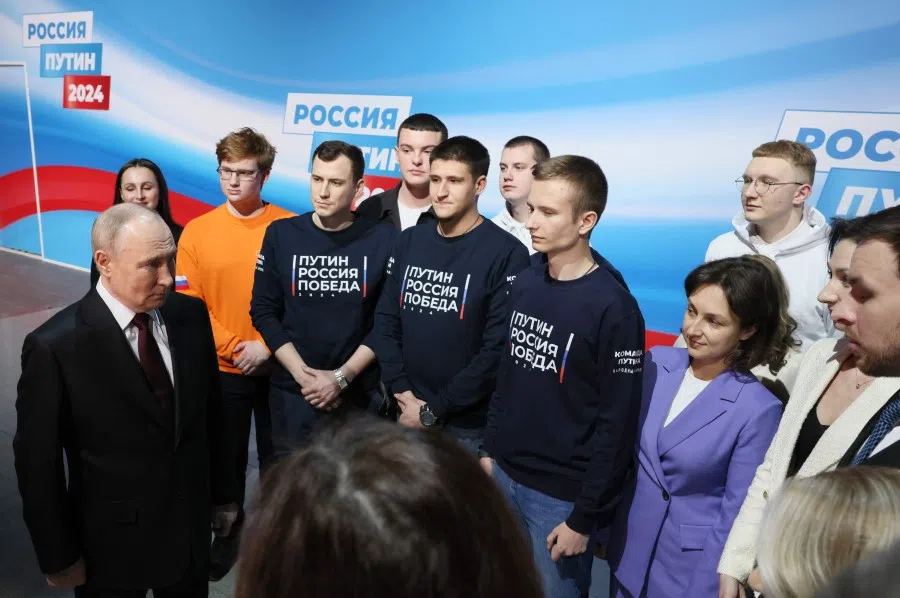
Rather than debating whether the US promised not to expand NATO, it might be better to look at the issue from a different perspective. An application must be made in order to join NATO, and the premise of eastward expansion is that Eastern European countries voluntarily apply; the West cannot force Eastern European countries to join NATO.
Historically, Russia has caused a lot of harm to Europe, especially Eastern European countries, so these countries fear Russia, and cosying up to NATO is their main reason for joining the bloc.
So why would Eastern European countries, even brother countries like Ukraine, turn to the West? The fundamental reason is that the West is wealthy, while Russia is relatively poor. Deng once said that countries following the Soviet Union were all poor. Eastern European countries became developed countries after joining the Western camp. As the poorest country in Europe, could Ukraine resist this temptation?
Desiring wealth over poverty is human nature. The fundamental reason for the collapse of the Soviet Union was its failure to develop its economy. If the leader has empty coffers and cannot offer benefits to his comrades, and even attacks them all the time, it would be strange if they did not run away.
The third point that Putin made in his interview with Tucker Carlson concerns the shifting of troubles to the East. The conflict in Ukraine has worsened relations between the East and the West. Additionally, as a well-known conservative media figure in the US, Carlson has made many statements disparaging and criticising China. From academia to politics and the military, the West currently has many right-wing elements that favour Russia and oppose China, with Carlson being one of them. Western pro-Russian factions are often staunchly anti-China, and China needs to be particularly vigilant against the outbreak of a second Korean War.
Media personality Qiu Zhenhai has called Putin an amateur historian. Putin criticised Lenin, saying that his biggest mistake was turning a unified country into a union of states, each with the power to secede, thereby planting the seeds of future Soviet separatism.
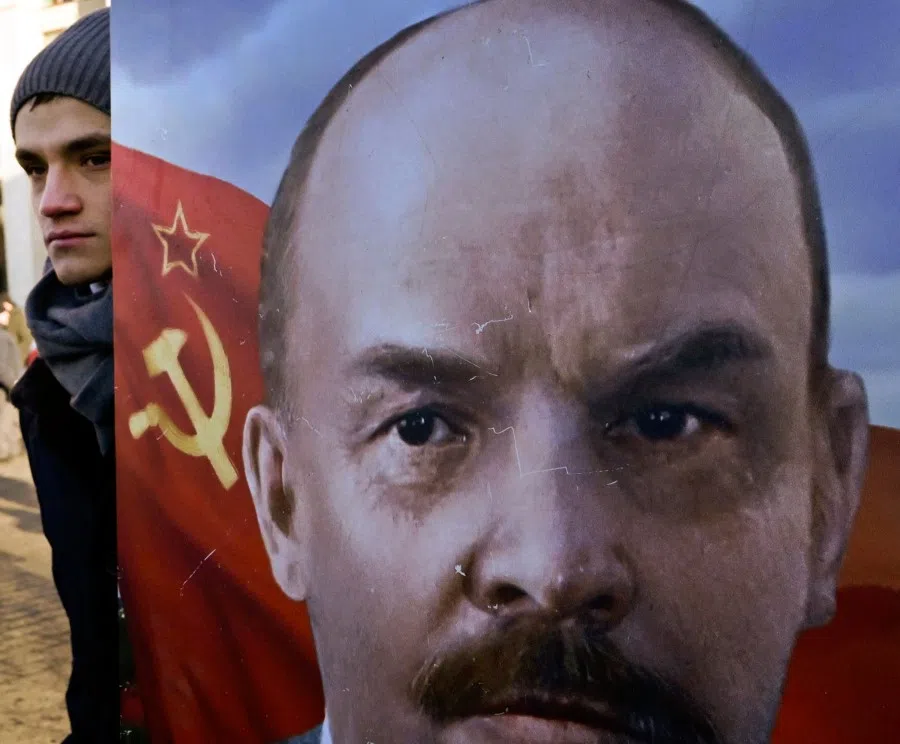
In fact, Lenin's decision to include the right to secede from the Soviet Union in the Constitution of the Soviet Union was a product of political compromise at a specific historical period. Before and after the October Revolution, Russia suffered defeats in the Russo-Japanese War and the Crimean War, as well as heavy losses in the First World War, facing internal and external crises.
In such difficult times, Lenin did this to appease the people in areas annexed by Tsarist Russia, hoping that they would be willing to remain within the framework of the Soviet Union. The fact is, by the time Stalin came to power, the right of each republic to secede from the Soviet Union in the Constitution of the Soviet Union was essentially meaningless.
It is precisely because China does not get caught up in historical issues with Russia that China-Russia relations are normal and friendly today.
Legitimacy of Mongolia's independence
It must be highlighted that just because a territory once belonged to a country does not necessarily mean that it should be returned to that country, and it certainly should not be an excuse for invasion, otherwise chaos would ensue.
If we take historical issues seriously, the legitimacy of Mongolia's independence would be in question. According to the memoirs of former Nationalist government observer Lei Fazhang, the referendum on Mongolia's independence in October 1945 was held amid the bayonets of the Soviet Union, and voter names were attached to each vote. With voters having to sign their names in front of Soviet officials, who would dare to vote no?
Before the referendum, Soviet officials wrote down the names of all the voters in the voting roll with assigned numbers. Those who came had to vote yes, while officials voted yes on behalf of those who did not come; there was no option to abstain from voting. The most bizarre thing was that there were no votes against the referendum among the 500,000 votes cast.
If Lei's memoirs are accurate, then the referendum does not truly represent the wishes of the people of Mongolia. In terms of international law, the referendum is a sham, and its result would be considered invalid.
From 1945 until the dissolution of the Soviet Union in 1991, the Soviet Union stationed heavy troops in Mongolia, essentially making Mongolia the 16th member of the Soviet Union.
During World War II, the Chinese military and civilians fought tirelessly, forcing the main Japanese army to be deeply embroiled in the Chinese theater of war, thus preventing the Soviet Union from being caught in a pincer attack by Japan and Germany. However, after the war ended, the Soviet Union ruthlessly stabbed its ally in the back. China not only lost Mongolia but also involuntarily ceded the Tannu Uriankhai. Japan, as a defeated country in World War II, did not lose an inch of territory; on the contrary, China, as a victorious country, lost nearly two million square kilometres of territory.
Should China learn from Putin and use force to reclaim Mongolia? Clearly, China has chosen to respect reality. It is precisely because China does not get caught up in historical issues with Russia that China-Russia relations are normal and friendly today.
This article was first published in Lianhe Zaobao as "普京须了解历史与尊重现实".
